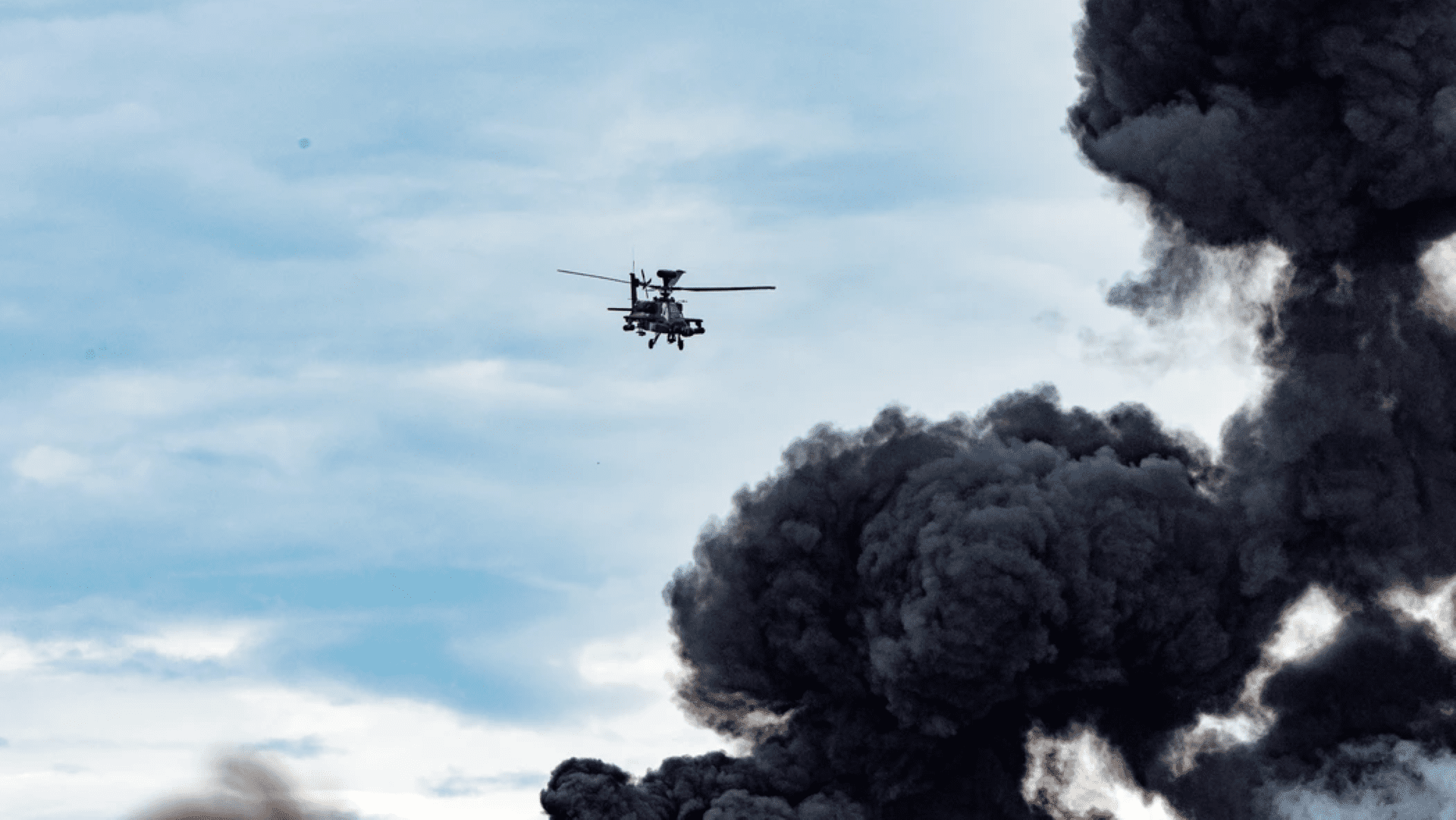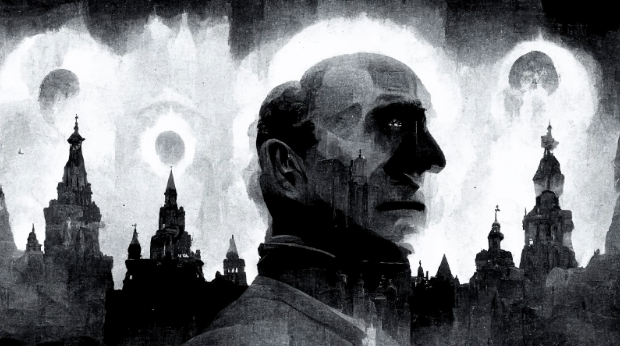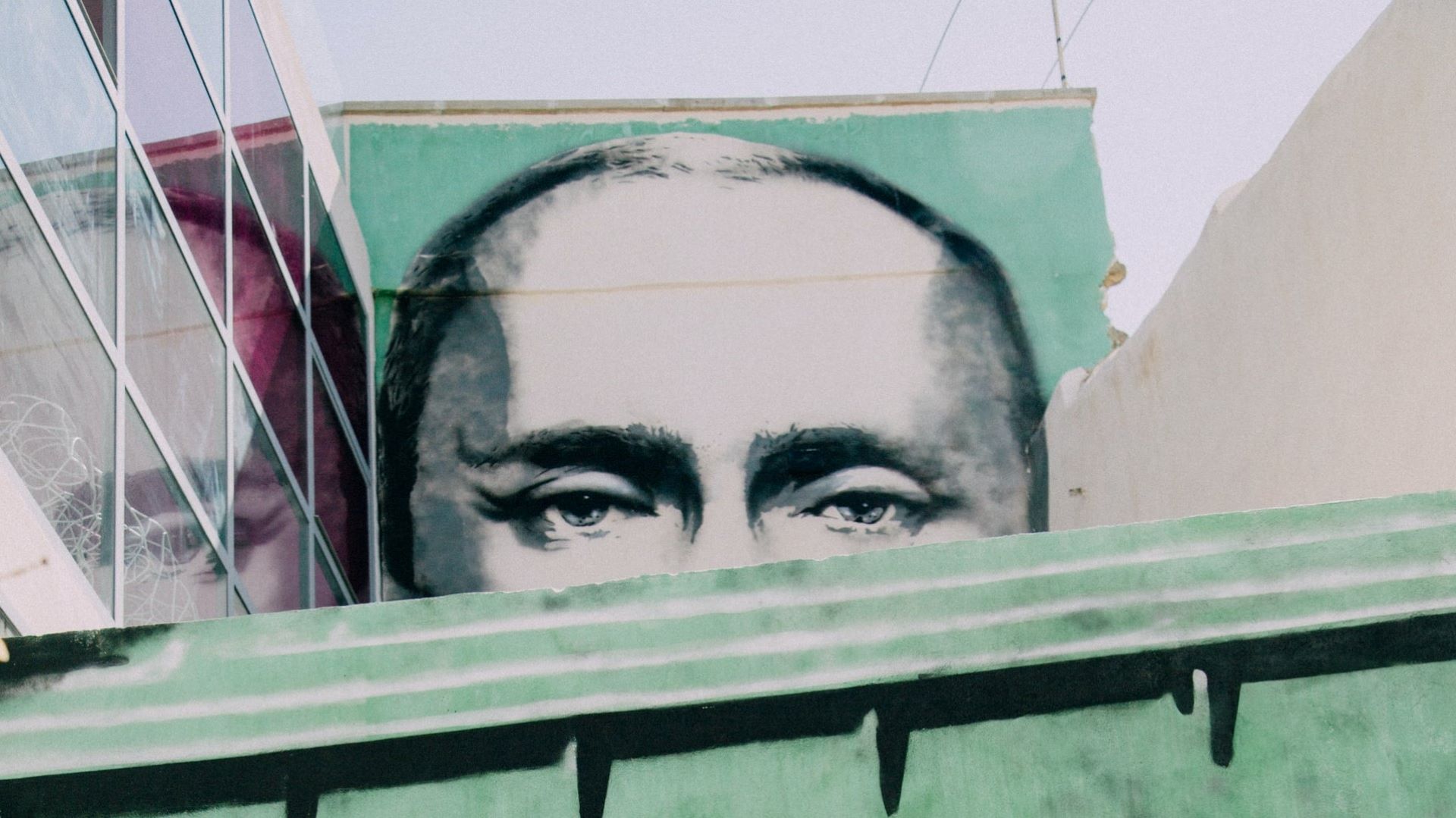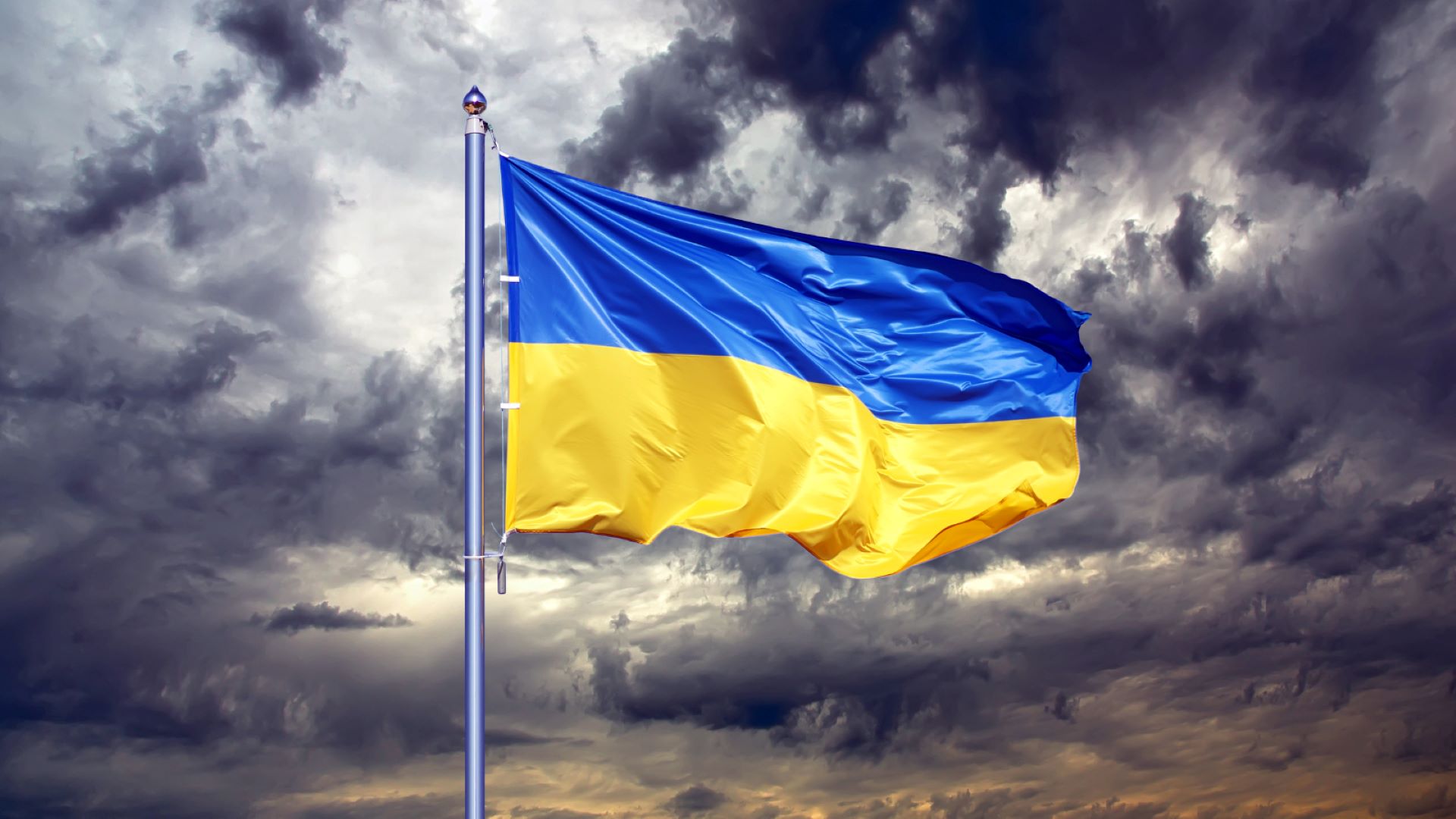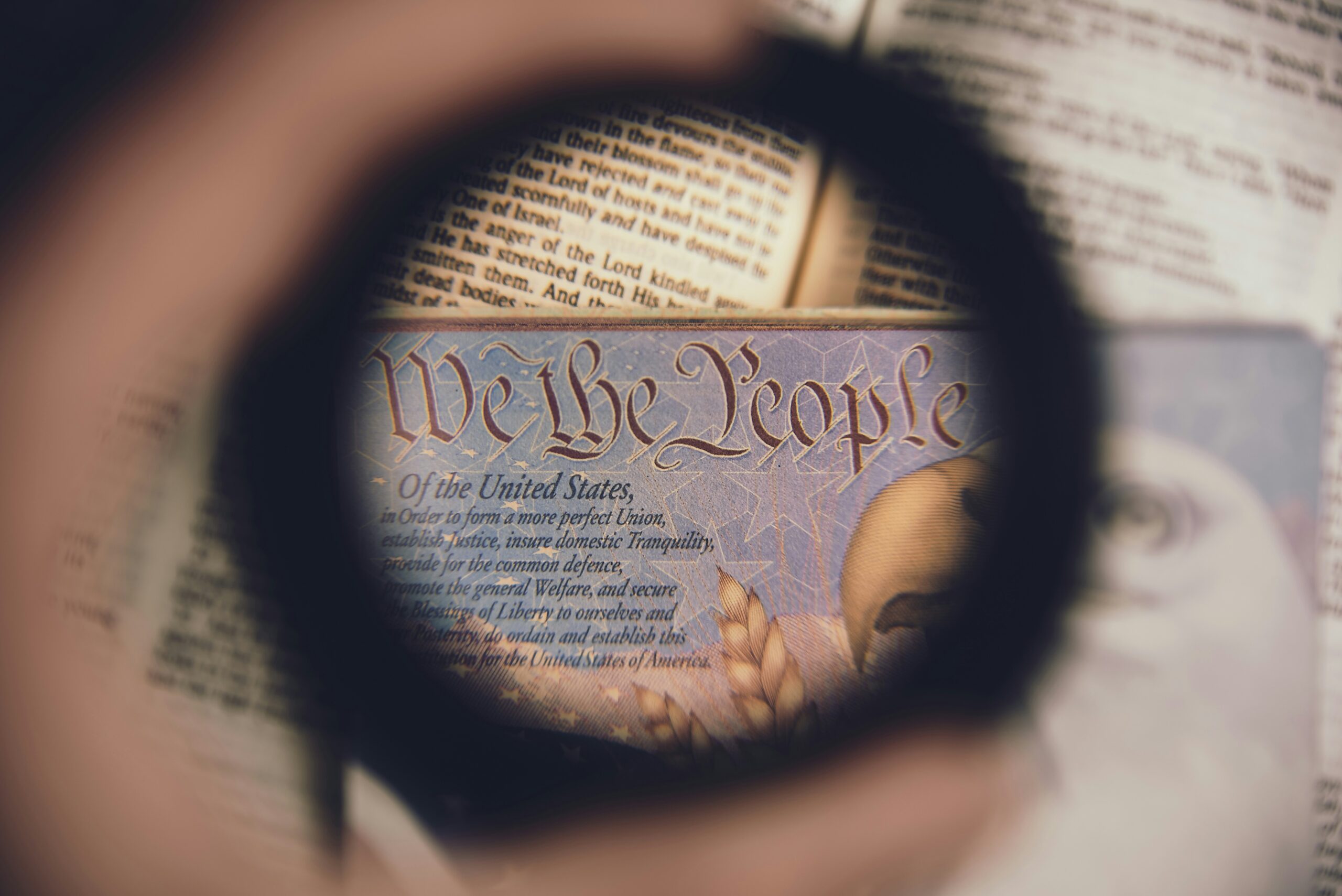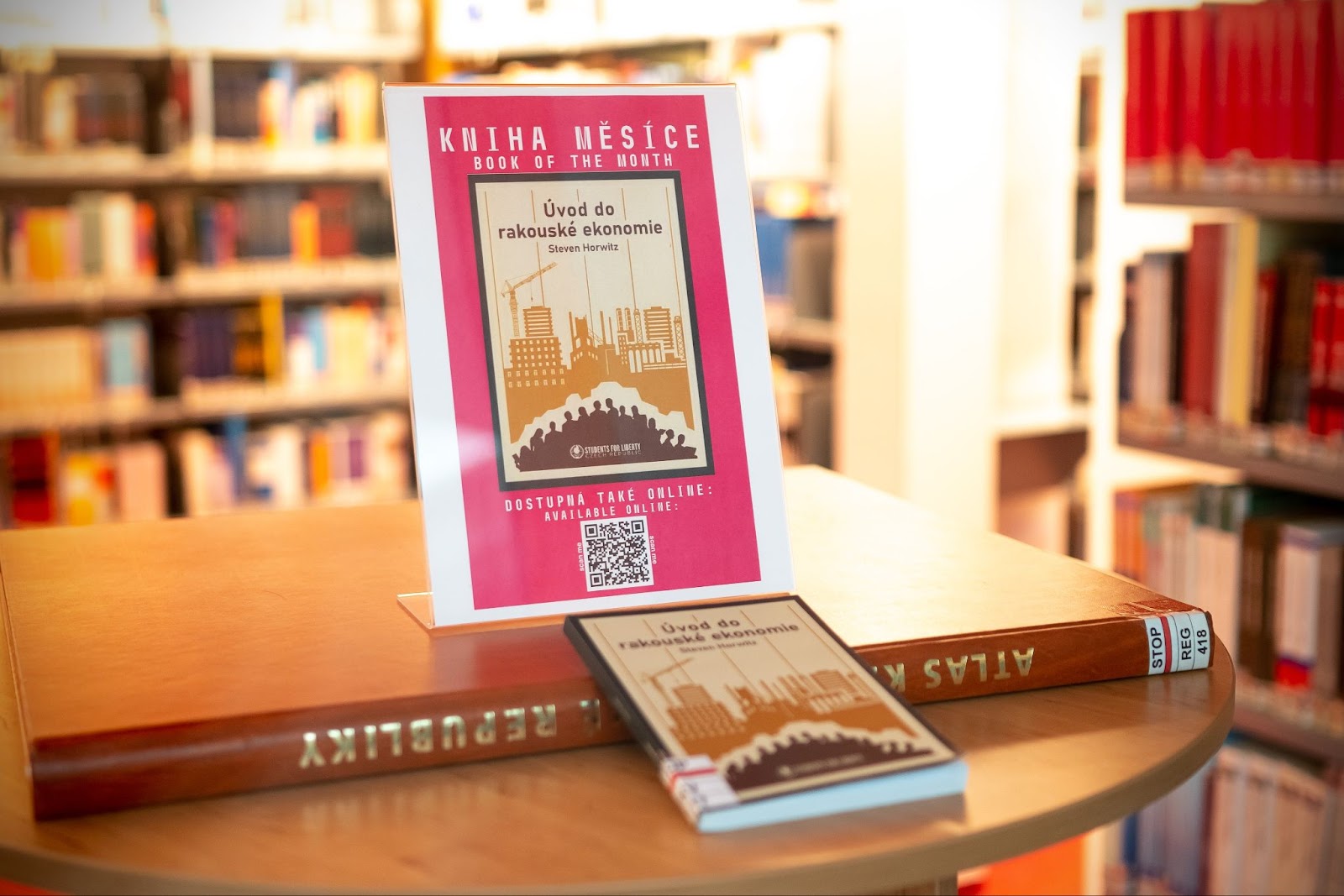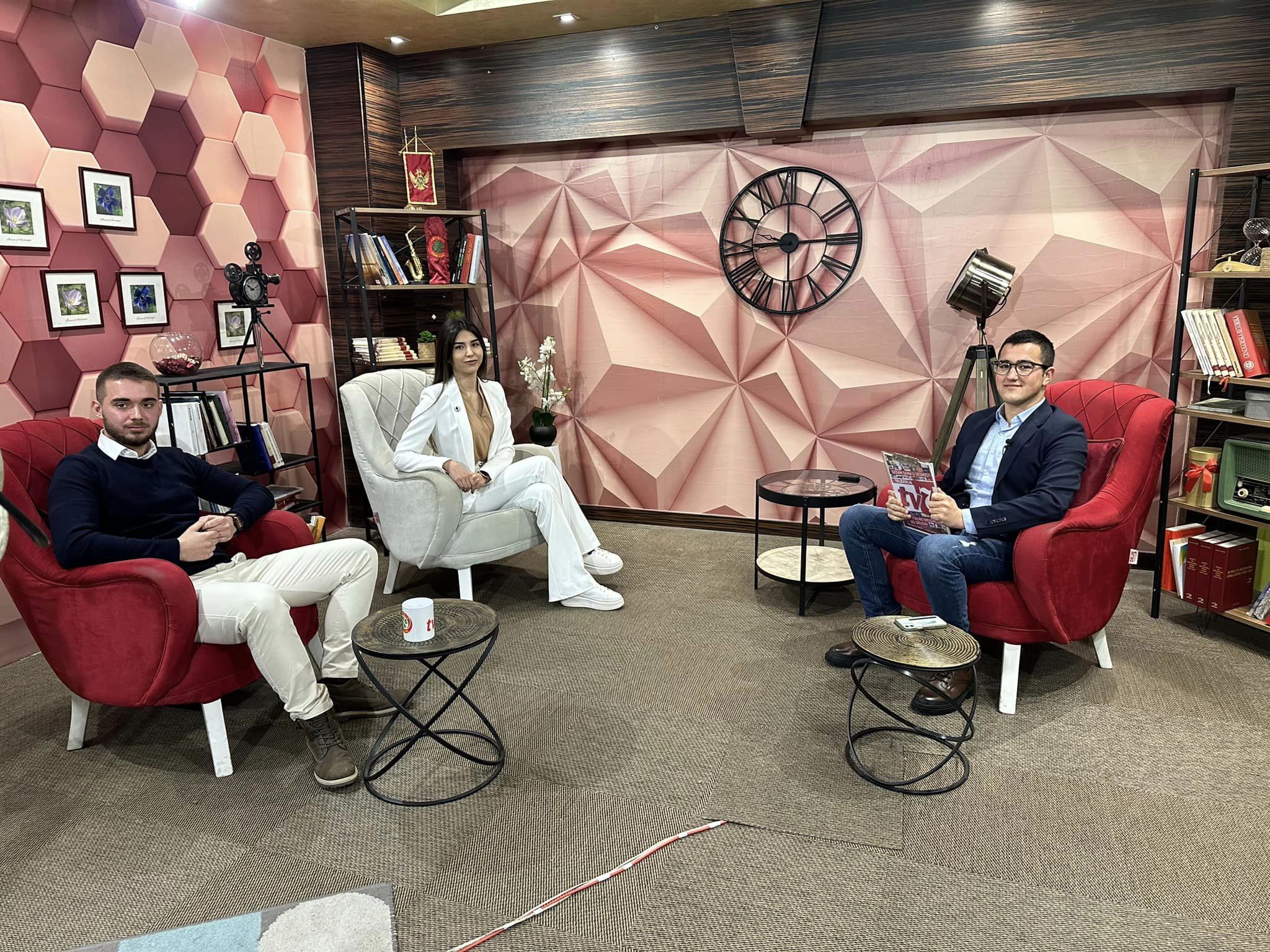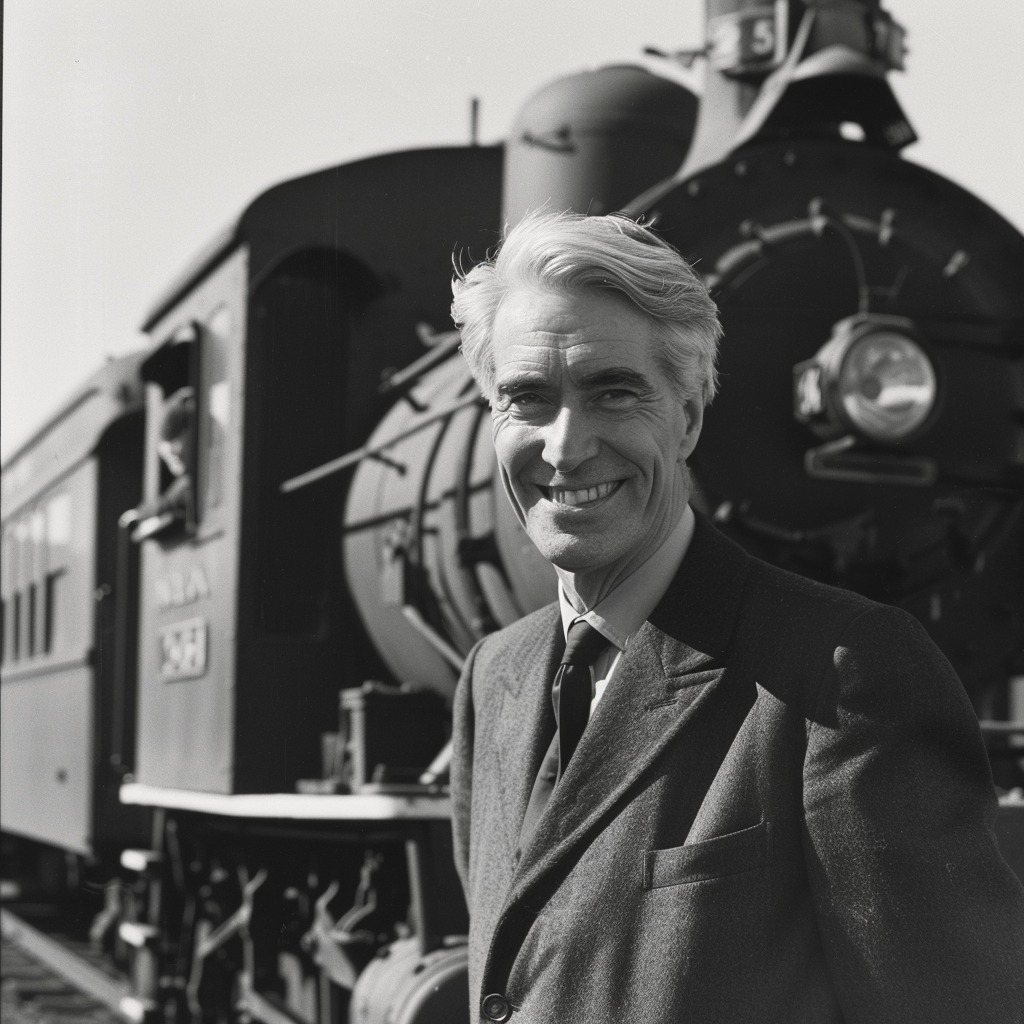By Nicholas Mejia
On September 11, 2001, I was in my seventh grade math class when my teacher glanced out the window, and started frantically trying to turn on the television. As she fidgeted with the remote I, along with the whole class, stared out our third floor classroom window at a smoking New York City skyline.
After she managed to get the news on, we learned the World Trade Center had been struck by a plane. That day had changed all of our lives and set us, the United States of America, on a path of hate and destruction, or as President George W. Bush put it, “it knocked us onto a war footing.” The enemy, we were told, were the Muslims.
Nine years after the attack on 9/11 I wasn’t a boy any longer, and I was off to fight the war I had seen begin in my seventh grade classroom.
Thinking for myself made me question the status quo
Nine years is a long time, and a lot had changed in that decade of my life, but the constant that remained was my country’s hatred for the Muslim community. The whole country had bought into it; I am still ashamed to say that I did as well.
It wasn’t until the 2008 presidential campaign, when I first heard Congressman Ron Paul challenge the status quo and suggest that the war in Iraq was immoral, that I began thinking differently about the situation. By then, however, it was too late. My life belonged to Uncle Sam.
Senator Barack Obama also condemned the war and promised to bring it to an end (which formally took three miserable years). Within a year of President Obama’s inaugural address, my friends were notified to tell their families goodbye.
I served proudly and loyally for three years, but the more I grew intellectually, the more I began to question the state of the world. I began to think America might actually have made a grave mistake, like Congressman Paul had suggested, but the Muslim threat remained very real to me. Since I wanted to protect my family, friends, and my country, I kept my thoughts to myself and soldiered on.
The War on Terror fostered anti-Muslim sentiment
The hatred towards the Muslim community was intense amongst us. To us, they were a plethora of derogatory names that made them seem like sub-human beings, unworthy to walk amongst us. They were the epitome of evil, and they needed to be eradicated from our world if we ever wished to live peacefully again.
“They,” “them,” “us.” These words, these collectivist ideals penetrated deep into our military culture, and when these ideas climaxed we no longer saw them as human beings. They became less.
The tipping point, for me, came while I was in Afghanistan interacting with “them.” I saw for myself what evil looked like, and the most disturbing realization was that I did not see the evil in the people of Afghanistan, but in the mirror.
I learned that “these people” were not evil, and they were not a threat to my family and friends back home. I learned that they were human beings just like me: they loved their families and busted their backs every day to put food on the table.
I learned that they were more peaceful than the American people wanted to believe. I learned that the American military was occupying their homes and destroying their crops and livelihoods. I learned that they had absolutely nothing to do with what had happened 8,000 miles away and nine years prior.
These realizations were hard to deal with. My anger turned into confusion, regret, and sadness. This put me in a very awkward position, because I no longer became angry when I heard of humvees hitting I.E.D.s; I no longer sought revenge. I understood that they were fighting back against a foreign invader.
War causes internal conflict between your loyalties and your humanity
I also felt pain when Marines died, and my sadness turned into confusion and anger. I could not blame my fellow Marines for fighting and dying the way they did. We were led to believe that we were fighting for a noble cause. A Marine’s passion to fight for a noble cause is not something to be on the wrong side of; they’re artists on the battlefield.
I had no outlet for this accumulation of feelings and distress until I finally made the choice to get out and pursue an education in philosophy. I hoped to eventually get into government and stop innocent men and women of all backgrounds from dying in future wars of aggression.
I hope by sharing my experience it helps others to see that change is possible. It’s the only true way to combat terrorism. In a future of peace and tolerance, young men and women, of all nationalities, would not have to say, “goodbye, I love you,” to their families. They would only need to say, “goodnight, I love you.”
To read more about the costs of war, be sure to check out our cluster page by clicking on the button below.
Updated by Joseph Simnett
This piece solely expresses the opinion of the author and not necessarily the organization as a whole. Students For Liberty is committed to facilitating a broad dialogue for liberty, representing a variety of opinions.
